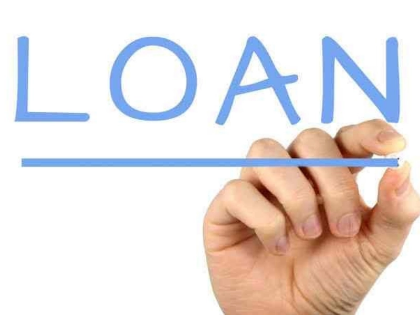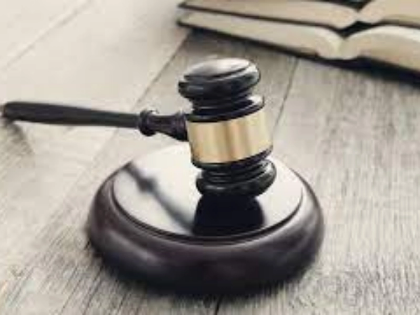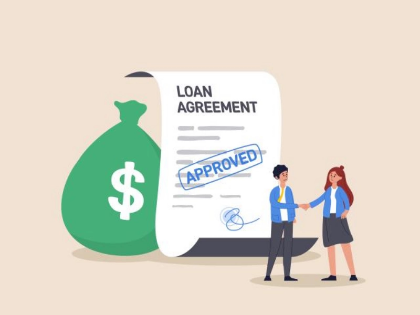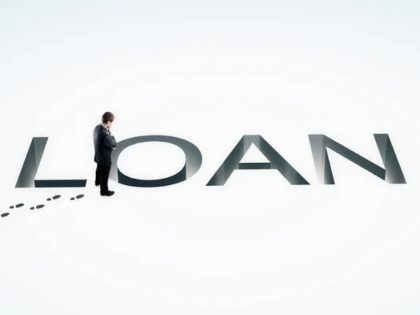When settling out of court, what is the best course of action?
In numerous instances, settling a dispute outside of court can benefit both parties. It lessens the stress that accompanies a protracted court struggle and saves time and money.
Nonetheless, there are some situations in which a trial is the appropriate course of action. Before you decide, take into account the following points:.
1. When Your Odds of Winning Are High

Making an informed decision about whether to settle out of court begins with understanding your odds of winning. You should be able to get a decent sense of the chances in your case from your legal counsel.
The likelihood that your case will succeed at trial depends on a number of variables, such as the quality of the evidence and the defendant's willingness to acknowledge guilt. Your dispute can be resolved and some of these concerns removed with a settlement.
A settlement might also help you save time. Depending on your case and the defense's appeals, trials may last several months or even years. You can resume your life much sooner if you settle out of court.
2. When There's a Good Chance of Failure

In a trial, all sides present their cases to a judge and jury as part of the legal process. The results of juries are not always known or dependable. A jury can find in the defendant's favor or give you a lower damages award than you had anticipated.
Witness testimony and other material are made available for the public to read during a trial. The victims may feel that this is intrusive, particularly if specifics of the incident are repeated in court. On the other hand, the parties retain authority over what information is made public and what is kept secret in out-of-court settlements.
Trials are drawn-out processes that, in more complicated situations, might go on for months or even years. You would be better off using this time to work on other matters, like reaching an out-of-court settlement for a lower sum of money than you might get in court. Going to trial also comes with additional costs, such as increased legal fees, travel expenditures, and potential expert witness costs.
3. When your chances of recovering damages are good

In most cases, clients who settle out of court can obtain substantially larger damages than they might have if a trial had taken place. In addition, settlements are typically less expensive and quicker than full-fledged trials.
Nonetheless, there are instances in which a client would be better served by a trial. Some plaintiffs believe that they must share their experience and receive closure; hence, they feel that a trial is necessary. Others must go to trial in order to get the compensation for their injuries that they are entitled to.
A person's personal information and the specifics of the case may become public records after a trial. If the plaintiff or defendant possesses private information or sensitive medical data that would put them in jeopardy, it could be a serious issue. There is no assurance that a trial will result in a favorable decision for you, but settling out of court can be a possibility if you want to keep the details private.
4. When Your Chances of Getting a Good Deal Are High
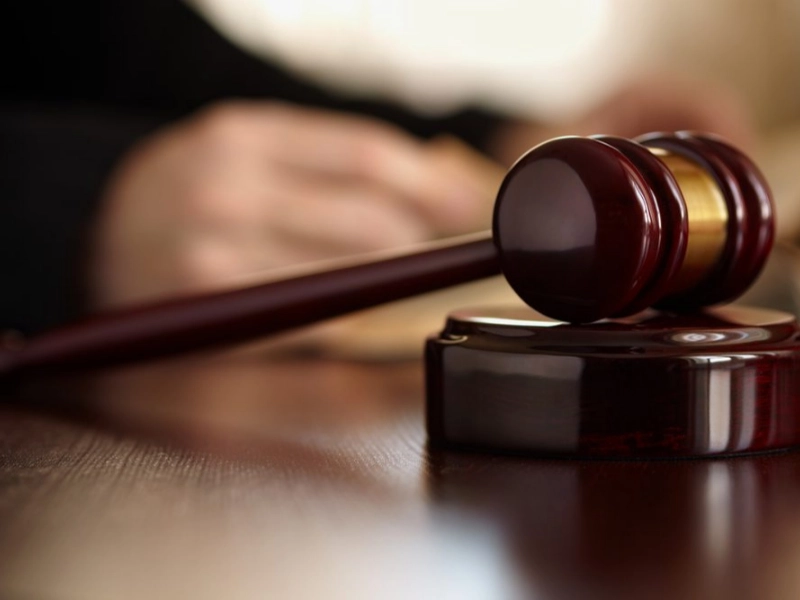
When facing a legal battle, it's critical to weigh the benefits and drawbacks of reaching an out-of-court settlement. In many cases, this is the option that lawyers suggest to their clients since it might be less expensive, time-consuming, and stressful than going to trial.
When you have a fair possibility of reaching a settlement that will cover your damages, it is often preferable to settle out of court. This is due to the fact that trials can be protracted and tedious, and even in cases where the evidence clearly supports your position, a jury or judge may not find in your favor.
A settlement can also save you money by removing the need to pay trial-related expenses like expert witness fees and legal counsel. These costs can mount up over time and can be quite high. Reputable lawyers will give priority to the course of action that will save their clients the most money and minimize stress. If they advise you to settle out of court, pay attention to what they have to say.

